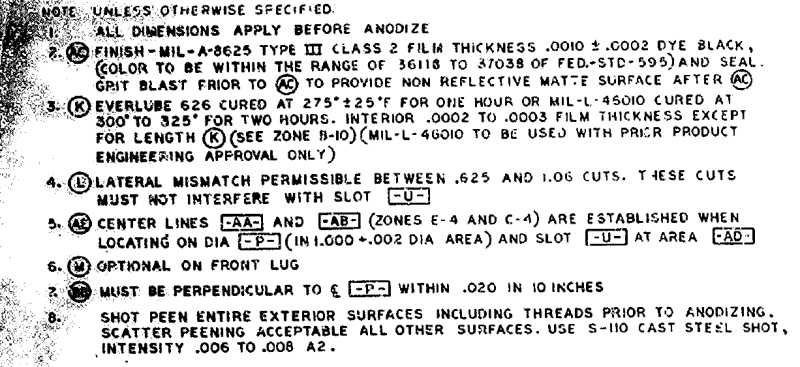SorryOciffer
Mechanical
- Dec 6, 2004
- 26
Looking to make some parts (nuts, about 1.5" diameter with a 1.25" bore) that will be torqued to about 30 ftlbs several times. Is 7075 adequate or is a stronger alloy available?
Thanks.
Thanks.
Follow along with the video below to see how to install our site as a web app on your home screen.
Note: This feature may not be available in some browsers.
It's not much the overall tq I was concerned with, but the teeth the tq is delivered too.
imcjoek said:Hardcoat anodize?....


